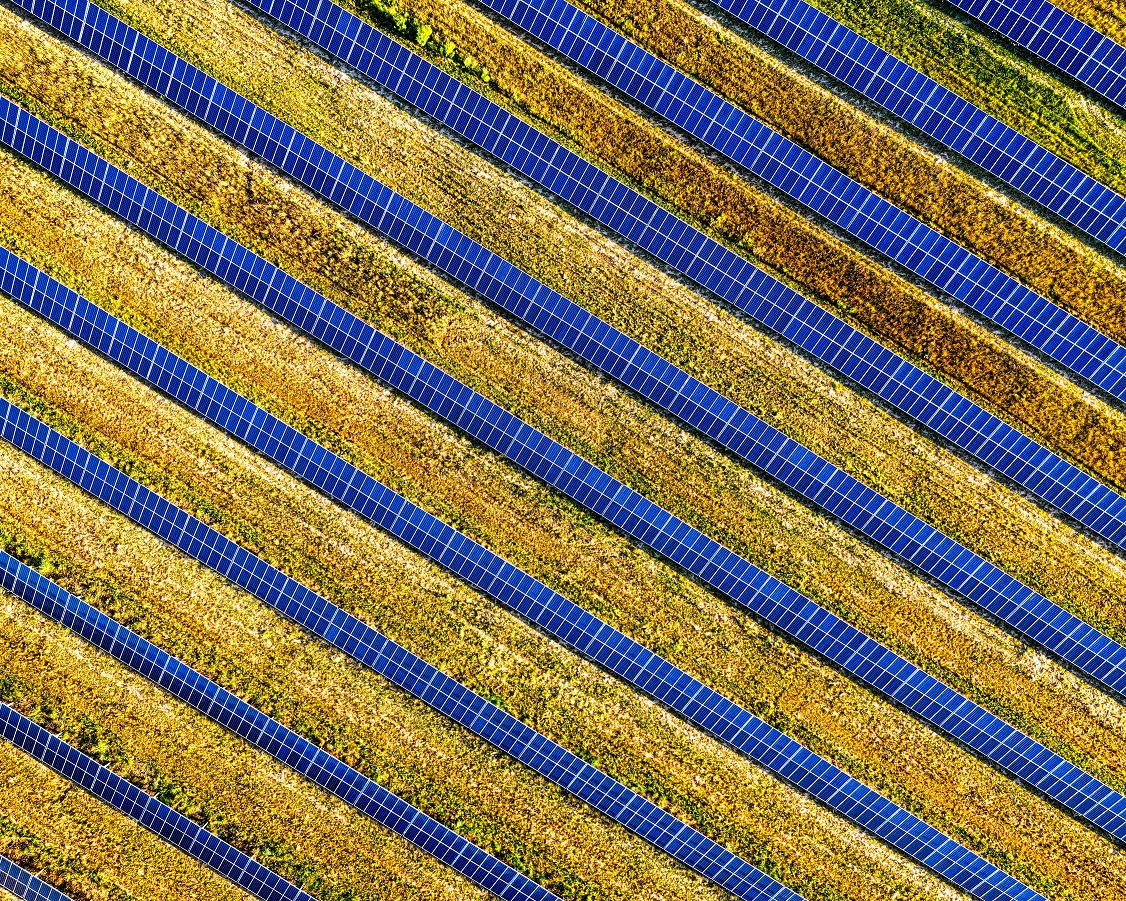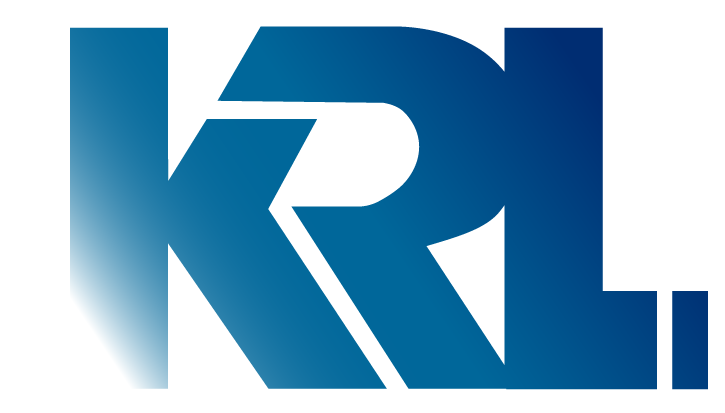
03 Jun Green Hydrogen Imports, the Next Challenge
Source: Hydrogen Expo
The RePowerEU initiative sets a target that might be difficult to meet given the current scenario. The plan is devised to supply energy other than Russian gas and to do so, the EU expects to import 10 million tonnes of hydrogen by 2030.
Latin America, the Middle East and southern European countries are regions where access to abundant renewable resources will allow them to produce green hydrogen at a lower cost, which will enable the nations thus located to become major exporters.
The main challenge posed by hydrogen is its transportation. This is still an expensive process, partly due to the lack of infrastructure. The easiest option is ammonia, a derivative of hydrogen that can be transported more easily and at a lower cost. Most experts agree that building pipelines is a necessary step in order to transport hydrogen worldwide. Being this so, regions will have to tackle the building of such infrastructures.
Martin Lambert, Senior Research Fellow and Head of Hydrogen Research at the Oxford Institute for Energy Studies believes trade will begin within the EU. “Places like Southern Spain and Portugal have got more renewable potential than demand for hydrogen, ”he added that these countries could supply hydrogen to, for example, Northern Germany and the Netherlands, “where there is more demand for hydrogen and less ability to produce it”. He also foresees that Morocco could become a hydrogen export hub in North Africa supplying via pipeline to Spain that would distribute it to the rest of EU members.
The EU wants to shorten the transition to green hydrogen and they are passing regulations to avoid investing in transition phases rather than in the final goal of attaining sufficient green hydrogen to power Europe. This would affect countries such as Morocco where coal is burnt to produce power. Unless they decarbonize their grid, they will not be able to sell their power to the EU. This means that Morocco would not be ready in 2030; at least not unless European companies decide to invest in Morocco to attain the zero-carbon EU policies.
The Commission announces: “Hydrogen imports will be facilitated by a new dedicated work stream under the EU Energy Platform which should operationalize the European Global Hydrogen Facility and support Green hydrogen partnerships, which will kick-start the global renewable hydrogen market.”
Despite certain cooperation agreements have been signed by several countries to produce hydrogen, it is not yet clear whether enough infrastructures will be ready in 2030 to make the international hydrogen trade a reality.



